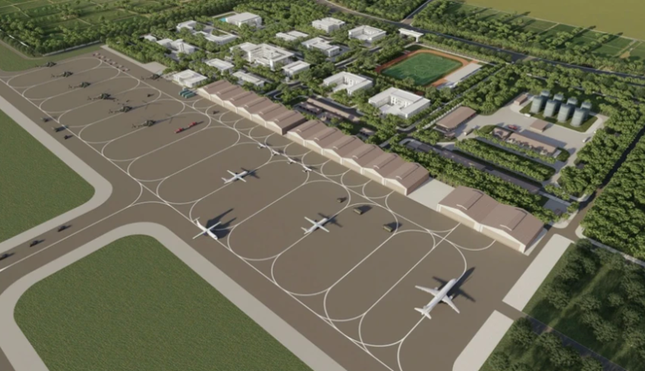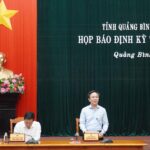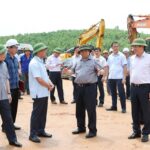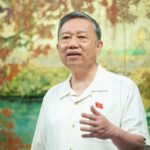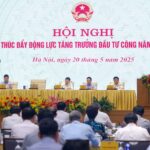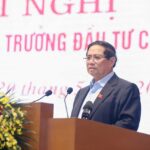The Hanoi People’s Committee has submitted a report to the Municipal People’s Council on the agenda for the June 2025 specialized session and the mid-year 2025 regular session.
The report covers eight key areas. These include the 2024 budget settlement report, adjustments to the 2025 budget estimates based on the two-tier local government model, revisions to the medium-term public investment plan for 2021-2025, and the 2025 public investment plan. It also includes the 2024 State financial report and approval for the Hanoi Environment Improvement and Waste-to-Energy Project under the Public-Private Partnership (PPP) model.
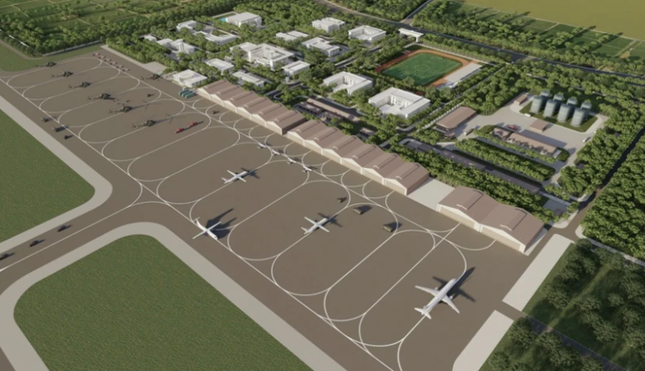
Gia Binh Airport Artistic Rendering
Additionally, the Hanoi People’s Committee seeks approval for the land retrieval, compensation, resettlement support, and site clearance for the construction of a connecting road between Gia Binh Airport and Hanoi (Hanoi section).
The investment plans for the road segments linking Gia Binh Airport to Hanoi are currently being prepared by the Hanoi People’s Committee and the Bac Ninh People’s Committee.
The Hanoi section is approximately 14km long, with an estimated total investment of VND 42,451 billion, comprising two sub-projects. The first sub-project involves compensation, resettlement support, and site clearance in Hanoi, with an estimated investment of VND 8,115 billion from the city’s public investment capital. The second sub-project entails the construction of the connecting road, with an estimated investment of VND 34,336 billion.
“The Bright Side of Quang Binh’s Economy: A Snapshot of Encouraging Growth Indicators”
“The economy of Quang Binh province thrived in the first five months of 2025, showcasing robust growth across key sectors. From industrial production and trade to tourism and public investment, the region witnessed a remarkable transformation with significant improvements in various economic indicators.”
Unlocking the Potential: Navigating the Complexities of Public Investment
Public investment is not merely a tool for macroeconomic regulation, but a strategic lever to build modern infrastructure, unblock development bottlenecks, and channel social capital. In a context of limited national resources, public investment becomes even more crucial: it is not just about building roads, bridges, or hospitals, but also about fostering trust, creating jobs, and driving economic recovery and growth.
The Bidding Law and the Urgent Need for Amendments
As of May 17, 2025, during a group discussion at the National Assembly on the draft Law amending and supplementing a number of articles of the Bidding Law and related laws on public investment, General Secretary To Lam pointed out four critical issues in the current Bidding Law: delaying the country’s development, lowering the quality of projects, wasting resources, and corrupting and losing personnel.
“PM Calls for Review of Officials in Areas with Slow Public Investment Disbursement”
Recapping the results of public investment in the first months, with 37 out of 47 ministries and agencies and 27 out of 63 localities having a disbursement rate below the national average, the Prime Minister requested to clarify this issue, identify the causes, and point out the difficulties, obstacles, bottlenecks, and responsibilities of the ministries and sectors. He asked, “Why, with the same conditions and policies, do some places perform well while others do not? Is it due to the people or the leaders?”

